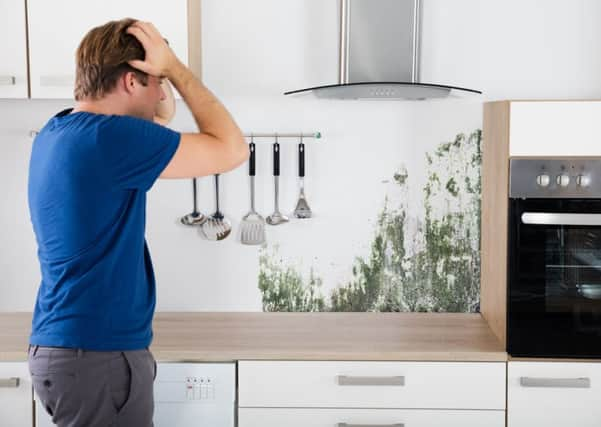James Walker: How to stop landlords stealing your deposit


The rules around these disputes are full of caveats and complications and the government has indicated it’s time to shake things up. But for now, there are still things you can do if you’re not happy with your landlord. Here’s our guide to your rights.
What happens to the deposit?
Your landlord has to put your deposit in a government approved “tenancy deposit scheme” within 30 days of getting it. If they don’t, you can take them to court and they may have to pay you up to one to three times the total deposit.
Advertisement
Hide AdAdvertisement
Hide AdLandlords are allowed to take money from your deposit if you:
Owe rent.
Have damaged the property.
Have lost or broken anything listed in your property’s inventory.
Haven’t kept the property sufficiently clean.
Landlords aren’t allowed to take money to pay for wear and tear, or to fix damage caused by problems you’ve reported that they should have repaired. For example, a landlord isn’t allowed to charge you if you’ve slightly worn a carpet.
How much can landlords take from my deposit?
They have to tell you why they’re taking money from your deposit and the amount they take should match the reason given. No extortionate costs for repainting an entire house when you’ve slightly scuffed a wall.
How long does a landlord get to return a deposit?
Within 10 days of you both agreeing how much you’ll get back.
What happens if the landlord isn’t playing fair?
Your tenancy deposit scheme will have a resolution service, so contact them and explain the situation. Your local council may also have a landlord tenant mediation service.
If you don’t hear from your landlord at all, you may need to consider court action. A good first step is to contact Citizens Advice. The small claims court is a cheap way to do this and isn’t too complicated. But get some free advice first.
How clean does the property have to be?
You only need to clean the property to the same standard as it was in when you moved in (even if the tenancy agreement calls for professional cleaning).
Can my landlord take my deposit because of mould?
Advertisement
Hide AdAdvertisement
Hide AdMould and damp are technically structural issues – and this means it’s normally your landlord’s responsibility to get it sorted. If, however, the mould and damp is caused by condensation, it can be argued it’s your fault. But your landlord should make sure that your property is properly ventilated to avoid the problem, so if mould occurs, make sure you report it and keep a record of it. That shifts the responsibility on to them.
How do I challenge deductions?
First, contact your landlord. Shelter have an excellent template form. If you can’t resolve the matter, raise a dispute with your deposit scheme. But don’t suffer in silence.